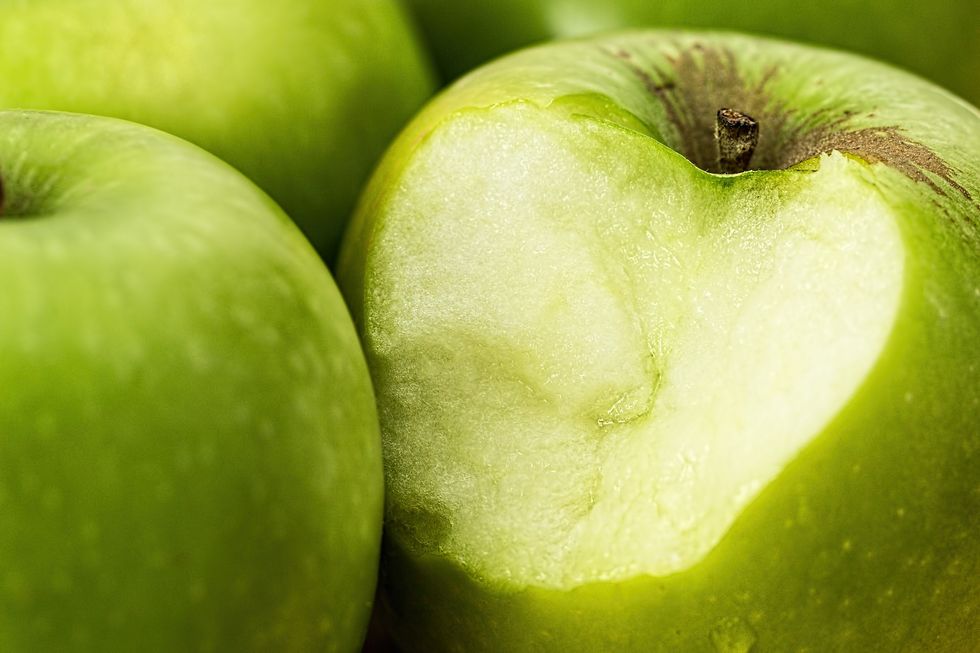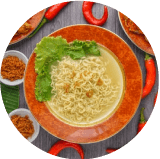
Good news for the food industry which will be able to take advantage of natural and cheap substances obtained from apple waste. According to a recent research carried out at the University of Bolzano, the management leads to the use of increasingly green and sustainable products.
Apparently, to the motto “an apple a day keeps the doctor away", we must also add “from an apple you don't throw anything away". Peels, cores, seeds and pulp of this fruit, which have always been considered as waste, can be completely recovered also thanks to a new innovative technology. The waste obtained from the processing of apples is treated with supercritical carbon dioxide and without the use of chemical solvents, to obtain antioxidants and natural vitamins.
The result is the result of the work of the team of researchers from the food science and technology laboratories of NOI, the Bolzano Technological Park, led by professor Matteo Scampicchio, who published the paper Biorecovery of antioxidants from apple pomace by supercritical fluid extraction in the journal "Journal of Cleaner production", specialized in sustainable production technologies. Therefore, there is good news for food manufacturing companies, which will soon be able to exploit natural and cheap substances instead of synthetic ones, thanks to the recovery of materials considered waste.
“Fruit extracts - Professor Scampicchio explains - are already a reality on the market. In general, extraction technologies involve the use of organic solvents and high temperatures. Organic solvents are toxic and create an environmental problem. High temperatures damage the noblest component present in the waste. Instead, the technique we use is based on a cold extraction through the use of carbon dioxide under pressure. This gas, known to be naturally produced during each fermentation, is non-toxic, colorless and odorless. Furthermore, at the end of the extraction process, being in a gaseous state, it disperses, leaving the essential oil extracted completely free of residues. Therefore, food companies can use these products immediately, as they are always edible products, and moreover with improved characteristics compared to those obtained with traditional technologies. "
All the waste material produced by food companies is both an economic and environmental problem, but researches like this show that there are alternative solutions to recover valuable substances. Antioxidants and essential oils have multiple uses. “On the one hand - continues Scampicchio - they can be reused in the production process. Think of apple seed oil, for example, which could be reused to enhance the aromatic intensity of drinks, cakes, snacks and more. On the other hand, there are also many applications in the cosmetics sector (flavors, creams, emulsions, etc.), ingredients (antioxidants), food supplements (polyphenols, vitamins), and animal feed. "
The proposed technology is already used for the production of decaffeinated coffee and decaffeinated tea or to extract the essential oils of hops for the production of beer. But there is a limit, the sufficient availability of by-products or wastes which, in the case of apples, Alto Adige obviously produces many. On issues related to new natural substances and how to tackle the problem of food waste, universities and research still play a fundamental role, proposing applications and case studies to a vast market and probably also ready to welcome innovative ingredients, as long as they are increasingly green and sustainable.







